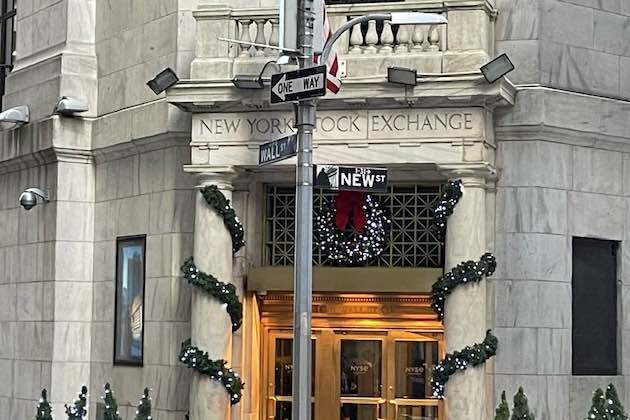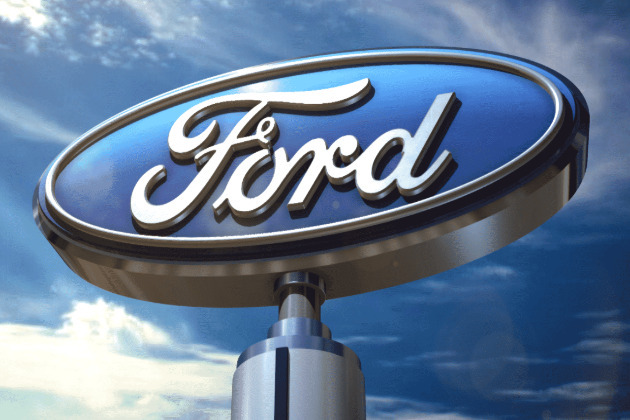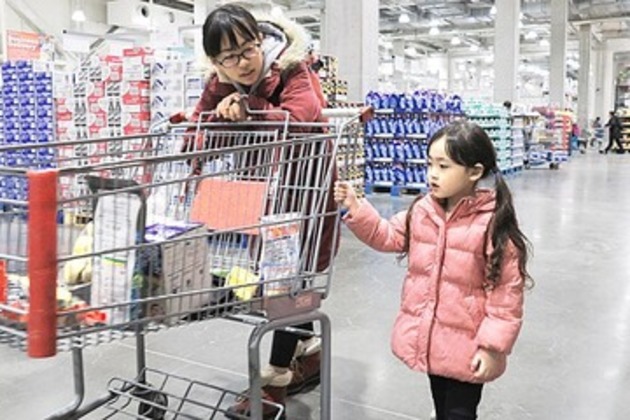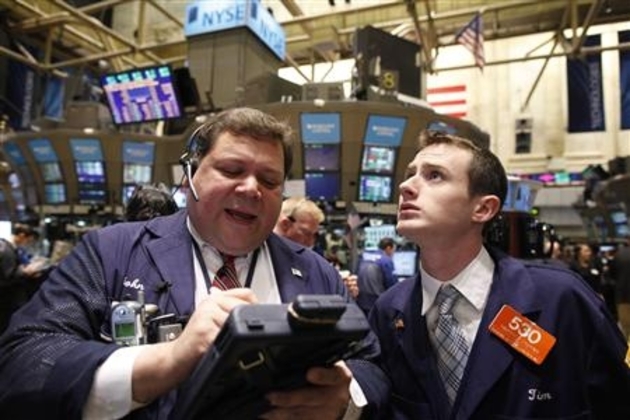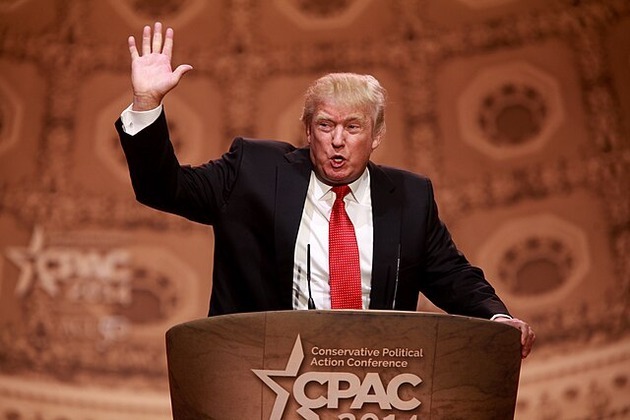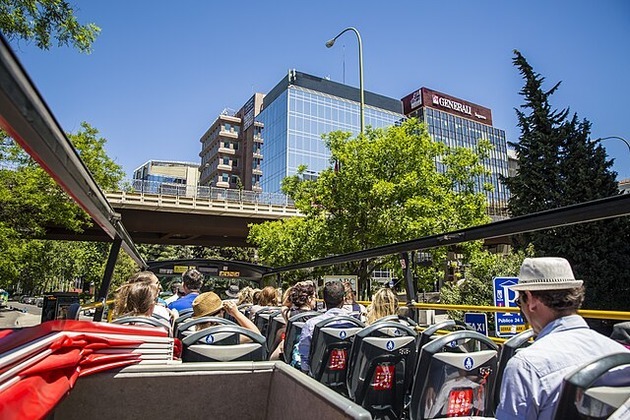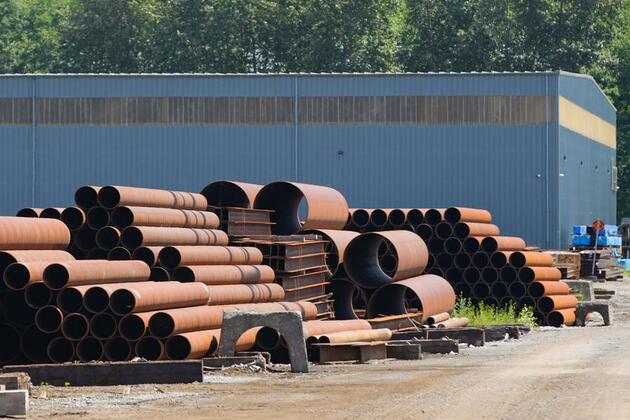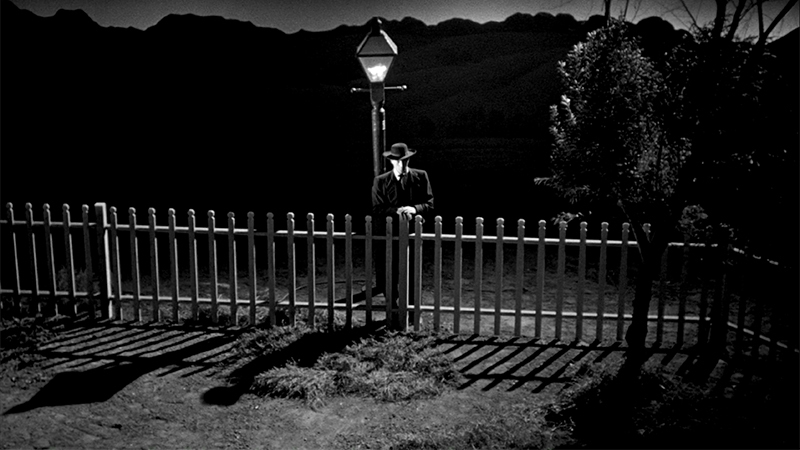What the truck? The 'freedom convoy' protesters are heading back to Ottawa
The Conversation
30 Jun 2022, 20:08 GMT+10

July 1 marks the first in-person Canada Day celebrations in the nation's capital since 2019. But the celebrations could be overshadowed by a potentially large number of returning so-called "freedom convoy" protesters and sympathizers like the "Rolling Thunder" bikers.
If we want to understand why protesters are returning to Ottawa, let's reflect on why so many travelled to the capital and stayed there in the first place. What was the motive in February 2022?
The official goal was freedom from government overreach, particularly vaccine mandates and other COVID-19 restrictions. This narrative, however, was never a compelling explanation of what happened.
As I have argued previously, emotion is what compelled the so-called "freedom convoy" - in particular, a sense of "aggrieved entitlement among white men" fuelled by anger and resentment at changes in a society they believe is wrongly marginalizing them.
Read more: The 'freedom convoy' protesters are a textbook case of 'aggrieved entitlement'
Why else would so many protesters risk economic consequences that included impounded assets, emptied savings accounts, terminated employment and, in some cases, lost housing?
Why risk the consequences of arrest and potential prosecution? Why not heed the explicit warnings from government and law enforcement of these very consequences?
The power of emotional self-interest
Many protesters appeared to act against their own interests. Alberta web developer Martin Joseph Anglehart is an example. He spent his entire life's savings on food and gas at the protest despite "never having a stance on mandates."
So how do we explain this contradiction?
By looking beyond self-interest defined by economic trade-offs, and considering the oft-overlooked but significant power of "emotional self-interest."
The concept of emotional self-interest was developed by American sociologist Arlie Hochschild in her book, Strangers in Their Own Land: Anger and Mourning on the American Right. Emotion, she argues, best explains what she calls the "great paradox" - that is, the fact that many Americans who would directly benefit from greater government regulation and programming are instead deeply distrustful of government oversight and disdainful of government support.
Even personal tragedy and economic hardship that can be directly linked to corporate criminal behaviour is not necessarily enough to move voters away from free market ideologies and the preference for minimal government.
Why? Because this behaviour fits with their emotional sense of the world, particularly their need to see themselves, and to be seen by others, as honourable.
What Hochschild terms "honour" we might also think of as one's sense of "status." As U.S. political scientist Diana Mutz explains, the impact of "status threat" should not be underestimated. Her study of the 2016 American election reveals that feelings of status threat experienced by traditionally high-status Americans (white, Christian and male) best explain Donald Trump's presidential victory.
Fuelled Trump's rise
Trump's political rhetoric was almost entirely focused on re-establishing status hierarchies of the past. The same was true of the political rhetoric behind Brexit. I suggest it's also behind the "freedom convoy" and its return to Ottawa.
The convoy protest provides a way to express and defend the emotional self-interest of those Canadians who feel they have lost, or are in the process of losing, their rightful, honourable place in Canadian society and who want a return to the social order of the past.
The original Ottawa occupation was never about ending COVID-19 restrictions, which are now largely lifted, but rather about an opportunity for disaffected Canadians (again - primarily white, Christian and male) to build and express community with others. I argue this is based on underlying feelings of shame rising from their inability to achieve their expected status in society.
Shame inevitably leads to anger, and the target for this anger is the liberal ideologies, politicians and policies that support equity and inclusion at the expense of the traditional social hierarchy. Prime Minister Justin Trudeau is the ultimate symbol of these shifts and therefore the perfect target for their rage.
Read more: From sunny ways to pelted with stones: Why do some Canadians hate Justin Trudeau?
The Ottawa occupation provided an outlet for this anger but, perhaps even more importantly, it also provided an opportunity for protesters to publicly take on new roles to demonstrate both individual and collective "honourable" behaviour - ostensibly fighting "government overreach" - and to reward each other accordingly.
The pride experienced from the peer recognition of this supposedly honourable behaviour remains a powerful motive for those planning to return.
'Scale the empathy wall'
Emotion is key to understanding these events and is equally central to changing this growing disaffection. For Hochschild, this means scaling the empathy wall to learn the "deep story" of others who might hold a very different, perhaps offensive world view in comparison to our own.
This is a challenging task in a number of ways, especially given our increasing levels of polarization. Yet, working to bridge these divides can have real, long-lasting impact.
Read more: How to function in an increasingly polarized society
As experiments by American political scientists Joshua C. Kalla and David E. Brookman demonstrate, the non-judgmental exchange of personal stories can reduce exclusionary or prejudiced attitudes on highly contested topics, including immigration and transphobia.
Their work clearly shows that learning one another's stories is a powerful avenue for gaining perspective, humanization and attitude transformation.
Creating spaces that foster this kind of exchange is a daunting but necessary task - one that some Canadians are already undertaking through what are known as "community solidarity" initiatives. Shifting our focus to these efforts offers the best pathway to healing socio-political divisions and alienation.
Author: Fiona MacDonald - Assistant Professor, Political Science, University of Northern British Columbia 
 Share
Share
 Tweet
Tweet
 Share
Share
 Flip
Flip
 Email
Email
Watch latest videos
Subscribe and Follow
Get a daily dose of Toronto Telegraph news through our daily email, its complimentary and keeps you fully up to date with world and business news as well.
News RELEASES
Publish news of your business, community or sports group, personnel appointments, major event and more by submitting a news release to Toronto Telegraph.
More InformationBusiness
SectionSpain's short-term rentals up 25% despite crackdown attempts
MADRID, Spain: Spain's push to curb short-term tourist rentals is being outpaced by the market's explosive growth, new data shows —...
U.S. stock markets diverge as economic data disappoints
NEW YORK, New York - U.S. stocks were mixed Wednesday as investors and traders grappled with the ADP report, which revealed payrolls...
Steering defect forces Ford to recall 29K electric trucks in US
DEARBORN, Michigan: Ford is pulling back tens of thousands of its electric pickup trucks over a steering defect that could lead to...
Best Buy warns of slower growth amid tariff and economic worries
NEW YORK CITY, New York: Best Buy, the biggest electronics store chain in the U.S., has lowered its forecast for the year. The company...
Costco delays imports to dodge tariffs, won’t raise prices yet
ISSAQUAH, Washington: Costco is feeling the pinch from tariffs and soft consumer spending, missing Wall Street's revenue expectations...
U.S. stock markets close higher as techs surge
NEW YORK, New York - U.S. stocks closed higher on Tuesday as the markets continues to ebb and flow on prouncements and moves by the...
Canada
SectionU.S.-China tensions flare again as Trump threatens tougher stance
WASHINGTON, D.C.: Tensions reignite in the U.S.-China trade truce after President Donald Trump accused Beijing of violating a recent...
Tourists shift from U.S. to Europe as spending surges
MADRID, Spain: Europe's tourism sector is poised for a strong 2025, with international visitor spending projected to grow by 11 percent...
AFP Helps Bust International Sextortion Ring After Teen Deaths
SYDNEY, NSW, Australia - A major international operation targeting online sextortion has resulted in the arrest of 22 suspects in Nigeria,...
Abdullah bin Zayed, Canada's Foreign Minister discuss bilateral relations in phone call
ABU DHABI, 5th June, 2025 (WAM) -- H.H. Sheikh Abdullah bin Zayed Al Nahyan, Deputy Prime Minister and Minister of Foreign Affairs,...
CANADA-VANCOUVER-CIRCUS-"CRYSTAL"-PREMIERE
(250605) -- VANCOUVER, June 5, 2025 (Xinhua) -- Artists perform during the premiere of Cirque du Soleil's CRYSTAL in Vancouver, Canada,...
Economic Watch: Doubled U.S. steel, aluminum tariffs spark criticism, trade war concerns across globe
As the largest supplier of U.S. steel, Canada has called the additional levies unlawful and unjustified, and vowed to fight. BEIJING,...


